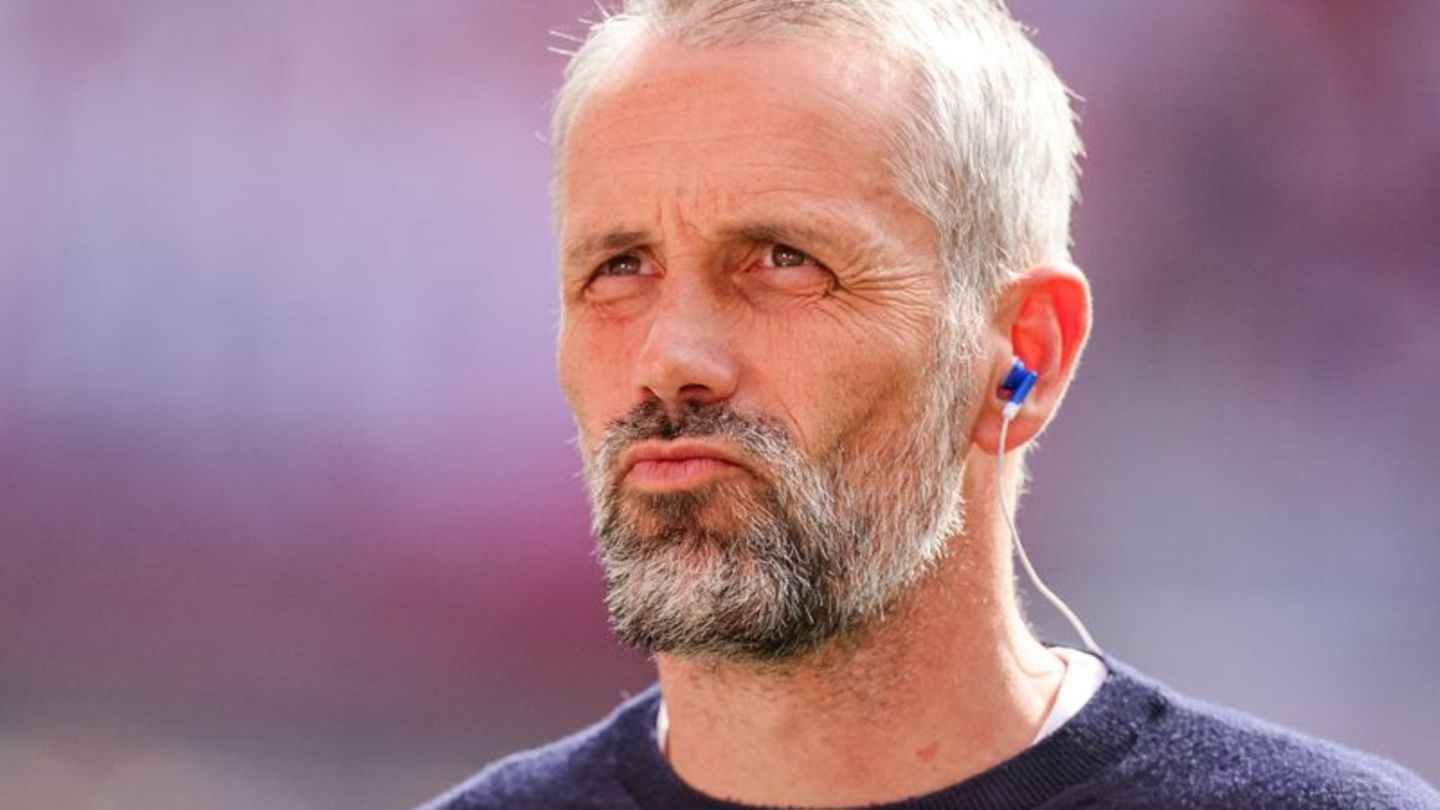With the invasion of Ukraine, Kremlin chief Putin wanted to consolidate Russia’s power in the post-Soviet space. But in many countries, people are now turning their backs even more in response to the war.
On a rainy spring afternoon, dozens of people gathered in Kazakhstan’s largest city, Almaty, to learn their own national language. “Do you want to dance?” says teacher Alexei Skalozubov in Russian. Then he asks the group: “And how do we say that in Kazakh?” Sitting in front of him are young and old, men and women. An elderly lady brought her grandson with her. Several hands go up in the air. “Sisdin bi bileginis kele me”, one course participant answers the question correctly.
Central Asian Kazakhstan, bordered by Russia to the north and China to the southeast, was once part of the Soviet Union. The oil-rich multi-ethnic state, in which many ethnic Russians still live alongside the Kazakh population, has been independent for more than 30 years. But Russia’s influence is still huge – politically, economically, but also linguistically.
According to official statistics, less than half of the approximately 19 million inhabitants speak Kazakh, which is now an official language alongside Russian. Almost every fifth citizen does not speak Turkic at all. People like Skalozubov want to change that. And the Russian war of aggression against Ukraine, which like Kazakhstan is a former Soviet republic, gives additional impetus to the desire for more linguistic autonomy.
The mood is turned
“Russia’s war in Ukraine had a huge impact on the atmosphere here,” says the 21-year-old. “It also raised a lot of questions: What kind of people are we? What kind of future do we have? Could we one day find ourselves in a situation like Ukraine’s?” The decision to learn Kazakh is also a kind of protest for many.
In April 2022, Skalozubov founded his free language club “Batyl Bol”, which means “Be brave”. Almost two months earlier, Kremlin chief Vladimir Putin had ordered the invasion of Ukraine. The rush to Batyl Bol was huge, Skalozubov recalls, with several hundred people registering within a few days.
The offer is now available in several Kazakh cities. The participants are primarily Russian-speaking Kazakhs. But there are also foreigners – for example Russians who fled from being drafted into the army and now want to integrate in their new homeland.
Fear prevailed in many cases
At the beginning of the war in particular, there was great concern that such an imperialistic Russia could theoretically invade Kazakhstan, says political scientist Dimash Alshanow in an interview. “Especially ethnic Kazakhs are afraid.” In the meantime, however, the unrest among many has subsided somewhat – because Moscow, which has suffered a number of defeats in Ukraine, is clearly not militarily prepared for another war, says the expert.
But even aside from the Ukraine war, many Kazakhs believe it is high time to strengthen their national identity – and to turn away from the strong influence of their large neighbor Russia.
It’s absurd that so many years after independence, almost every Kazakh can still speak Russian, but only a part of the actual national language, says teacher Skalozubov. “Kazakh-speakers usually know Russian, but Russian-speakers don’t know Kazakh.” He is convinced that this “linguistic gap” must also be closed so that Kazakh society can present itself as a unit.
The older ones among his course participants also remember experiences of discrimination during the Soviet era, which is one reason for the linguistic imbalance that persists to this day. As a child, it was absolutely taboo to speak Kazakh, says a 63-year-old woman. If someone did it anyway, for example on the bus or train, the people sitting around would have hissed angrily. Her parents therefore only spoke Russian. Now she has to laboriously learn the language, which is actually her own.
Lessons are now over, and teacher Skalosubow begins the leisurely part of the afternoon. There’s cake and cookies and lemonade. “I’m ethnically Russian, but politically Kazakh,” Skalozubov calls out before opening the buffet. His students clap.
Source: Stern
I have been working in the news industry for over 6 years, first as a reporter and now as an editor. I have covered politics extensively, and my work has appeared in major newspapers and online news outlets around the world. In addition to my writing, I also contribute regularly to 24 Hours World.



